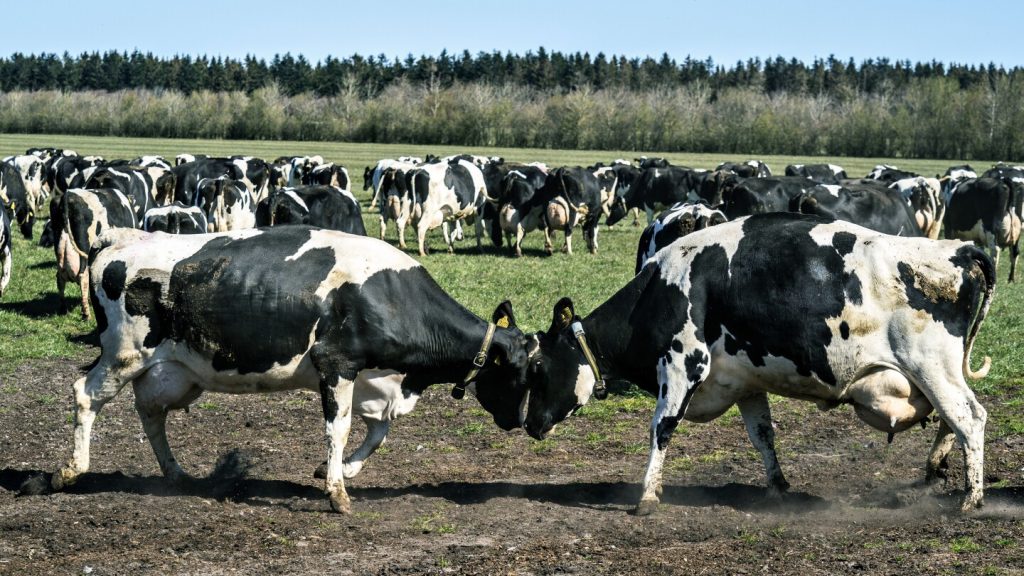Bluetongue, a viral disease that affects ruminant animals such as sheep, cows, and goats, has been reported in Denmark’s east. The virus, known as bluetongue serotype 3 or BTV-3, is spread by midges that carry the virus and typically thrive in warmer weather. Cases of bluetongue have been reported in Denmark, Germany, the Netherlands, and France. The first case in Denmark was recorded in early August on a farm with sheep and cows near the German border. In an effort to contain the spread, animals in the affected areas have been vaccinated.
The Danish Veterinary and Food Administration is awaiting test results from the island of Funen in central Denmark, where the virus is suspected to be present as well. Due to the high probability of the virus spreading through midges to other parts of the country, authorities are closely monitoring the situation. Animals infected with bluetongue display symptoms such as high fever, mouth ulcers, swelling of the face and tongue, and a blue discoloration of the tongue known as cyanosis. Additionally, infected animals may experience breathing difficulties and produce less milk, although the milk remains safe for human consumption.
Farms in the affected areas are taking precautionary measures to prevent further spread of the disease, including vaccinating their livestock and implementing biosecurity protocols. The European Commission has been informed about the cases in Denmark, and authorities are working to coordinate efforts at the European level to address the outbreak. While bluetongue is not harmful to humans, it poses a significant threat to ruminant animals, and timely vaccination and monitoring are crucial in controlling its spread.
Farmers and livestock owners are advised to be vigilant and report any suspicious symptoms in their animals to veterinary authorities. As bluetongue is primarily spread by midges, controlling the insect population and limiting their contact with livestock can help reduce the risk of transmission. Authorities are also conducting surveillance and testing in areas where the virus is suspected to be present in order to track its spread and take appropriate containment measures. Overall, cooperation between government agencies, veterinary professionals, and farmers is essential in combating the spread of bluetongue and protecting the health of livestock in Denmark and neighboring countries.


